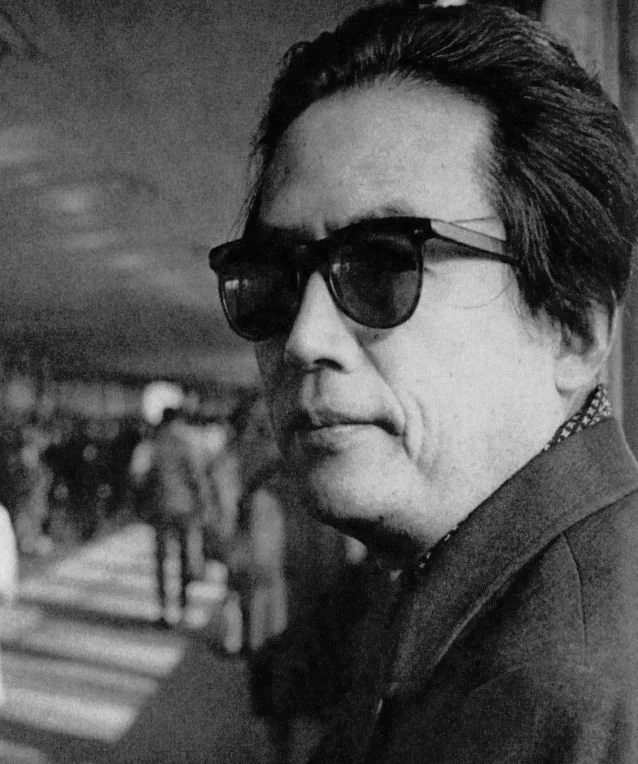SHINOBU HASHIMOTO
(18 April 1918 - 19 July 2018)
The Japanese screenwriter Shinobu Hashimoto, who has died at the age of 100, was prolific in his output for directors such as Akira Kurosawa and Masaki Kobayashi. However, he may well live in the legends of film history for his Seven Samurai script becoming the inspiration for The Magnificent Seven. Rashomon was the first screenplay by Hashimoto, co-written with director Kurosawa in 1951. It is about a samurai’s wife who is raped by a bandit who then kills the husband. The story was told from four different viewpoints. It was later taken up by the US, first as a play by Fay and Michael Kanin and then a film by Martin Ritt in 1964, The Outrage, with Paul Newman. Although Kurosawa was credited, Hashimoto was not. He also worked with Kurosawa again on Ikiru (1952), the title of which in English is Living, although the film is about an old man who is dying, a script inspired by a Tolstoy story. Hashimoto went on to write some seventy screenplays, sometimes in conjunction with Hideo Oguni, for film and latterly for television, many of which have never been seen in the UK. Kurosawa’s Seven Samurai (1954) became recognised as a global classic, putting actor Toshiro Mifune on the international film scene. He also starred in Kurosawa-Hashimoto’s Throne of Blood (a version of Macbeth) and The Hidden Fortress (1958), which became an influence for Star Wars. The Magnificent Seven (1960) failed to credit any of the original writers of Seven Samurai, just the American author William Roberts. It became a huge hit and spawned several sequels, while the Elmer Bernstein score remains the epitome of film soundtrack composition. The 2016 remake did, however, acknowledge its antecedents.
MICHAEL DARVELL

